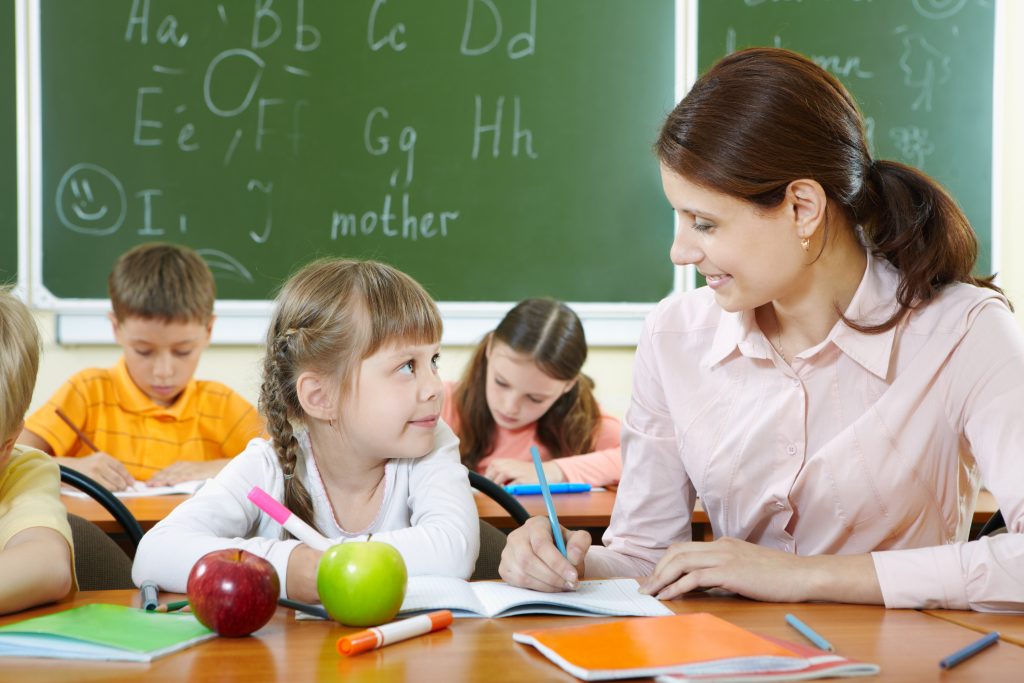One of the highlights at PSI is the Additional Learning Needs (ALN) department where students with ALN are taught within a group of expert teachers all qualified to deal with students with special needs. PSI cares to integrate Additional Learning Needs students into mainstream classes and into all the school aspects to allow them to reach their full potential.
Additional Learning Needs (ALN)
PSI Vision, Mission, and Objectives:
In PSI we believe that Social and Emotional Learning not only improves achievement, but it also increases pro-social behaviours (such as kindness, sharing, and empathy), improves student attitudes toward school, and reduces depression and stress among students.
PSI Philosophy for ALN which is aligned with its Vision and Mission
Pearling Season School (PSI) believes that every student is unique in his or her own way. We actively support our students in a safe, caring, and enriching environment that allows them to grow and mature academically, emotionally, physically, and socially.
Accordingly, PSI supports students with Additional Learning needs (ALN), who demonstrate a reasonable ability to be successful in our academic programs. Students identified as having ALN have full access to our curriculum and are integrated into all aspects of the school so that they may reach their full potential.
PSI provides an inclusive education to its ALN students, which means school leaders and teachers are committed to dedicating the resources and services necessary to produce a least restrictive environment where individuals are fully integrated in the classroom setting.
PSI Aims for ALN Students
PSI aims to provide all students with the opportunity to achieve their best academically, emotionally and socially through:
- Providing high quality learning to enable the acquisition of skills, knowledge and concepts relevant to their future.
- Promoting an ethos of care, mutual respect and support, where effort is valued, and success celebrated.
- Enabling students to become active, responsible and caring members of the school and wider international community.
- Promoting high quality learning opportunities by planning lessons that enable students to achieve their highest potential.
- Providing high quality curriculum design that meets the individualized learning needs of each student.
- Providing high quality learning environments that engages students as innovators, inquirers, critical thinkers and owners of their learning.
- Promoting an effective partnership that supports parents and the wider community as partners in the students’ learning experiences.
Types of ALN Students who we accommodate
ADHD
Attention Deficit Hyperactivity Disorder (ADHD) which is a group of behaviours that affect a person’s ability to concentrate and control impulsivity.
Anxiety
Many children or young people suffer from anxiety. It can be entirely normal. However, anxiety can be a special educational need when it creates a barrier to a child or young person’s ability to engage in normal day-to-day activities.
Aphasia
Aphasia is a speech and language communication difficulty. It is normally associated with damage to the brain as a result of injury, stroke, medical negligence or accident. Aphasia causes a person difficulty with the use of single words or putting words together in a sentence.
Autistic spectrum condition
Autistic Spectrum Condition (ASC) is also referred to as Autistic Spectrum Disorder (ASD)
Behavioural difficulties – EBD, SEBD, SEMH
Children and young people with behaviour difficulties tend to show emotional or behavioural responses which are different from that generally accepted. Children and young people with behavioural difficulties often present disruptive behaviour, anti-social behaviour, aggression and difficulties maintaining relationships.
Brain Injury
A child may suffer a brain injury during birth or may acquire a brain injury following an accident, personal injury, medical mistreatment, stroke or any number of other reasons.
Developmental delay
If a child is making no progress or is making progress at a rate far slower than their peers, they may have developmental delay.
Down Syndrome
Down syndrome – also referred to as Down’s syndrome or Trisomy 21 – is a genetic condition which occurs as a result of having an additional chromosome.
Dyscalculia
Dyscalculia is a specific learning difficulty which causes a child or young person to have difficulties developing mathematical skills and understanding.
Dysgraphia
Dysgraphia is a specific learning difficulty with the acquisition, and recollection, of the ability to write letters and numbers. It affects the ability to learn the sequence of fine motor skills required to able to write.
Learning difficulties
Learning difficulties can be extremely varied. A child or young person can have learning difficulties which affect all areas of education and may be as a result of an underlying condition.
Dyslexia
Dyslexia is a specific learning difficulty which can make it difficult to understand words and language. It has very strong links with Dyscalculia, Dysgraphia and ADHD.

